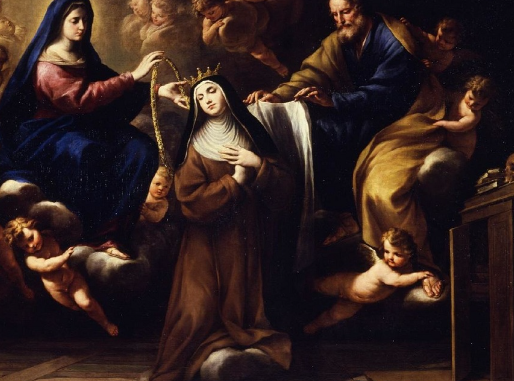Saint Teresa of Avila and Mystical Theology
Saint Teresa of Avila, a prominent figure in the Catholic Church’s mystical tradition, offers profound insights into the relationship between the soul and God. Her writings on prayer and spiritual experience continue to resonate with many, making her teachings both relevant and transformative in today’s world. This article explores the contributions of Saint Teresa to mystical theology and how her perspectives can enhance our spiritual journey.
The Life of Saint Teresa of Avila
Born on March 28, 1515, in Gotarrendura, Spain, Saint Teresa faced numerous struggles throughout her life that shaped her spiritual path. After a serious illness, she experienced a conversion that led her to join the Carmelite order. In the midst of the Catholic Reformation, she established the Discalced Carmelites, emphasizing a return to a more contemplative and prayerful approach to faith. Her experiences of profound spiritual ecstasy and inner transformation paved the way for her profound contributions to mystical theology.
The Nature of Mystical Prayer
Central to Saint Teresa’s approach to mystical theology is her understanding of prayer. She categorized prayer into four stages: vocal prayer, meditation, contemplative prayer, and mystic union. According to Teresa, the ultimate form of prayer is the union of the soul with God, which transcends words and thoughts. This mystical experience, she described vividly in her seminal work, “The Interior Castle,” highlights the importance of stillness and openness to God’s presence. For those seeking a deeper spiritual life, Teresa’s teachings on prayer offer practical steps for cultivating intimacy with God.
Spiritual Growth and Self-Discovery
Mystical theology, as articulated by Saint Teresa, emphasizes the journey of the soul towards spiritual maturity. She believed that self-discovery is essential for experiencing God’s love. By confronting one’s weaknesses and cultivating virtues like humility and compassion, individuals can draw closer to the divine. Teresa’s metaphor of the soul as a castle reveals the many stages of this journey, inviting believers to explore deeper levels of awareness and connection with God. Her insights encourage modern seekers to embrace both their inner struggles and the transformative power of divine love in their lives.
Conclusion
Saint Teresa of Avila’s legacy in mystical theology is a rich resource for anyone seeking to deepen their spiritual life. Her profound understanding of prayer and the journey of the soul resonates with contemporary seekers, offering a roadmap toward a more profound relationship with God. By exploring her works and embracing her teachings, individuals can embark on their own journey of self-discovery and spiritual fulfillment. Dive into her writings or connect with a spiritual community to learn more and begin experiencing the transformative power of mystical theology.

